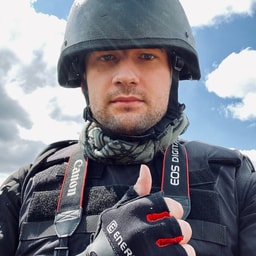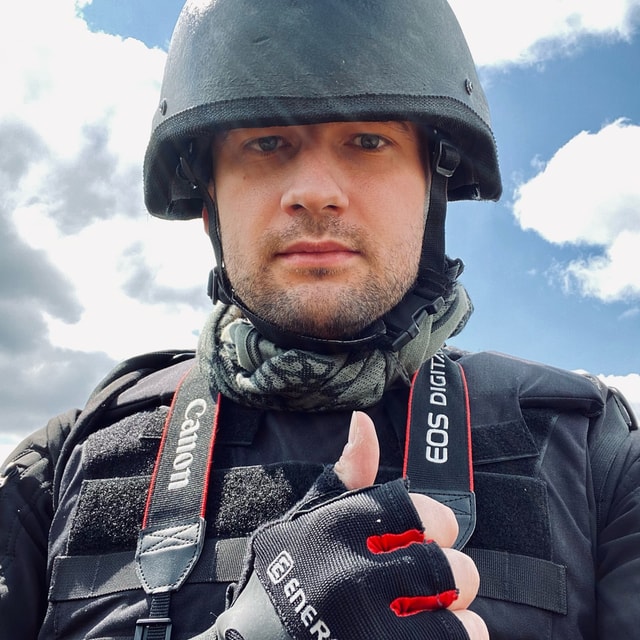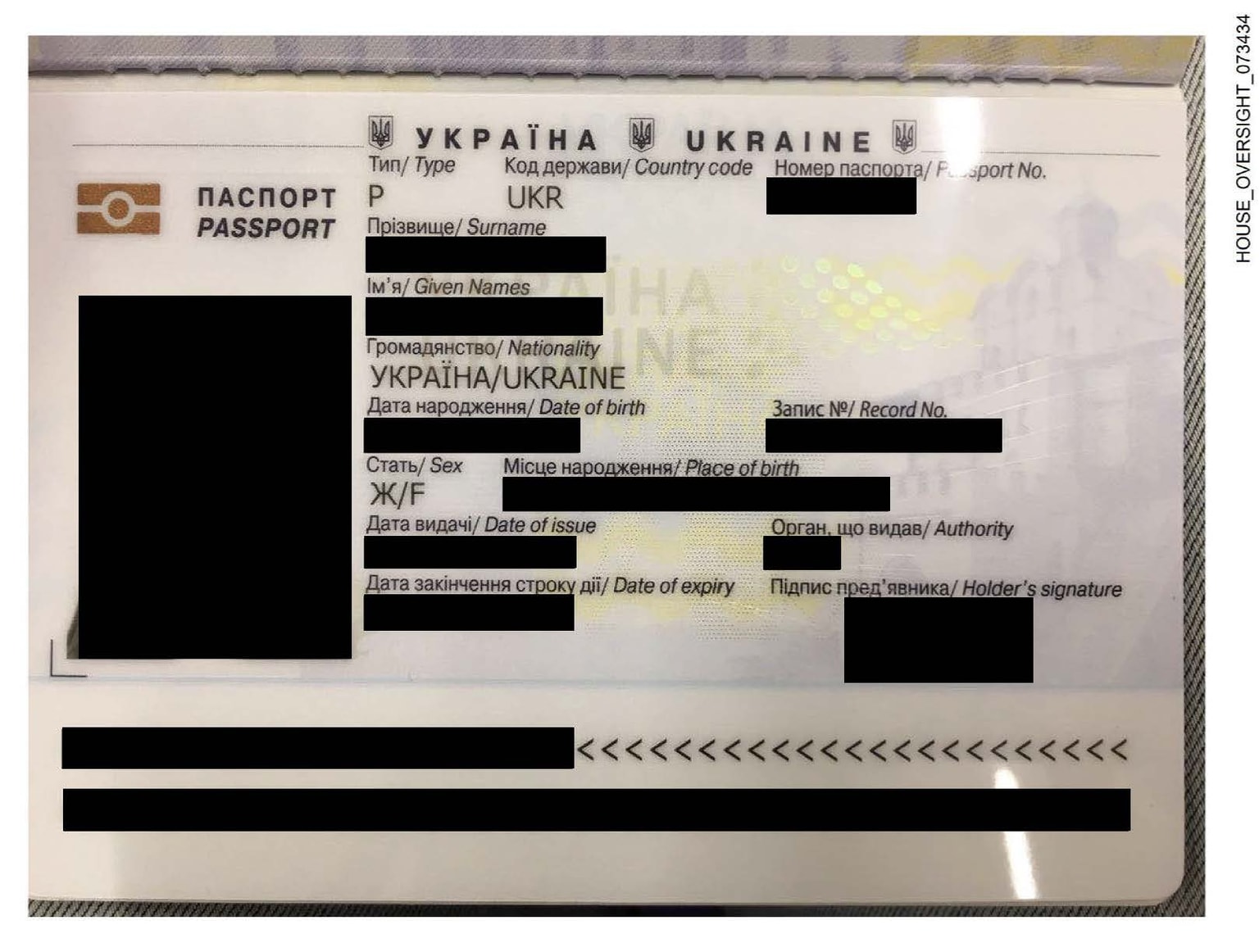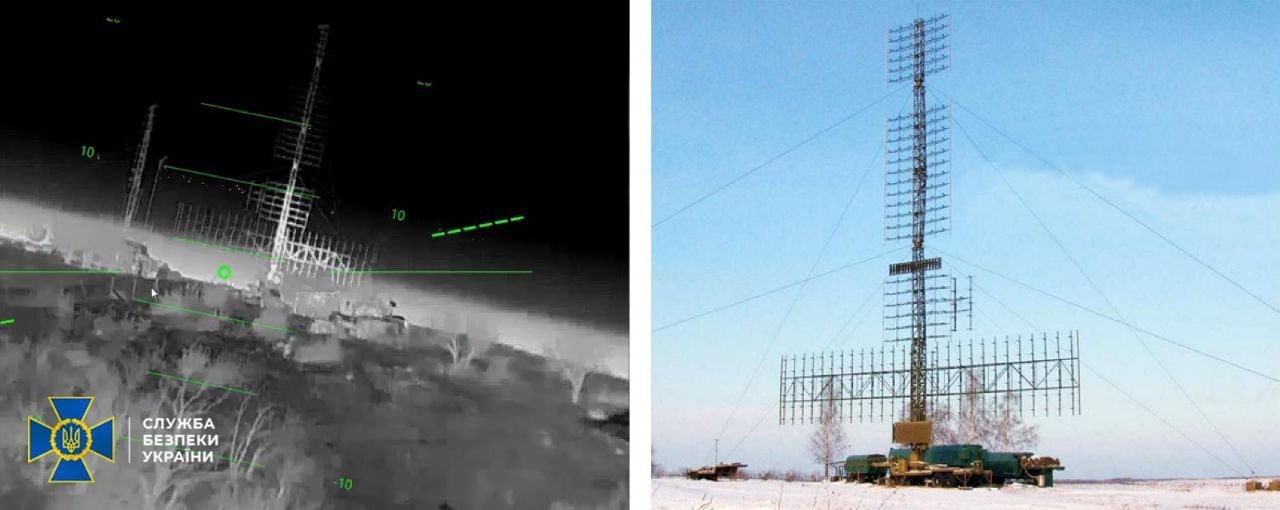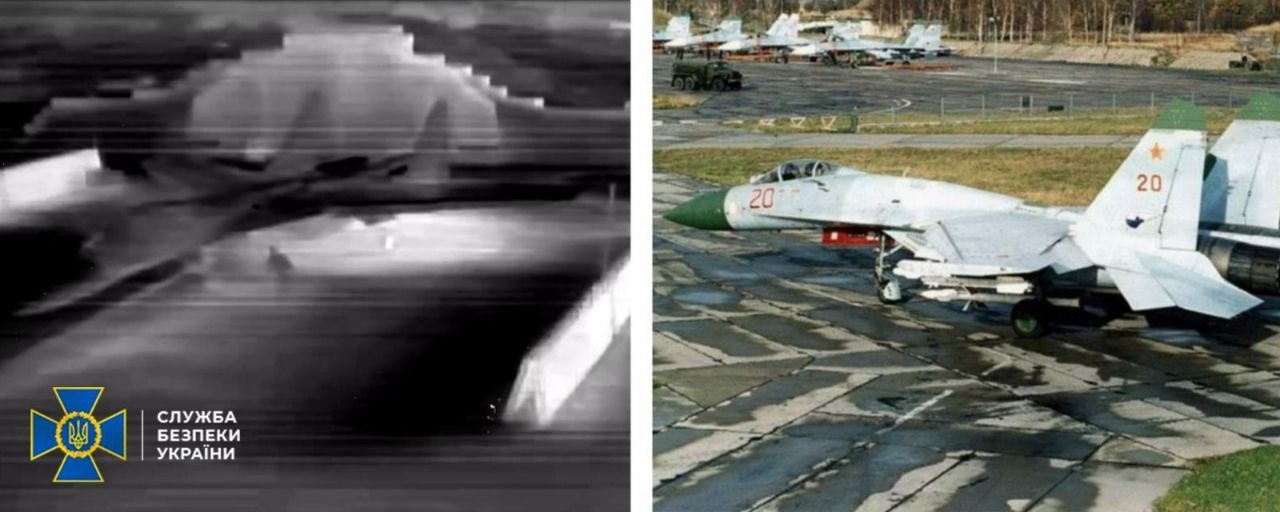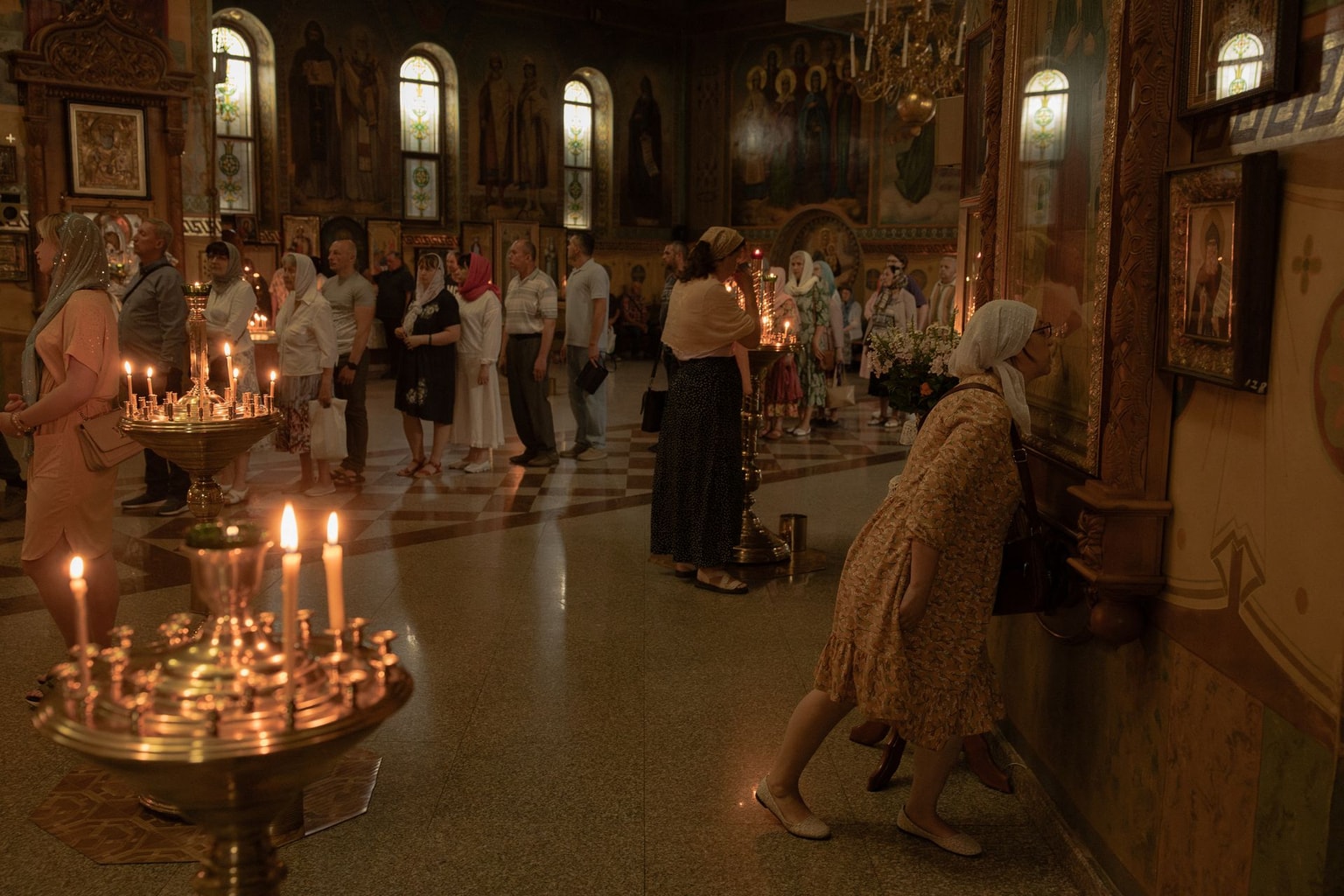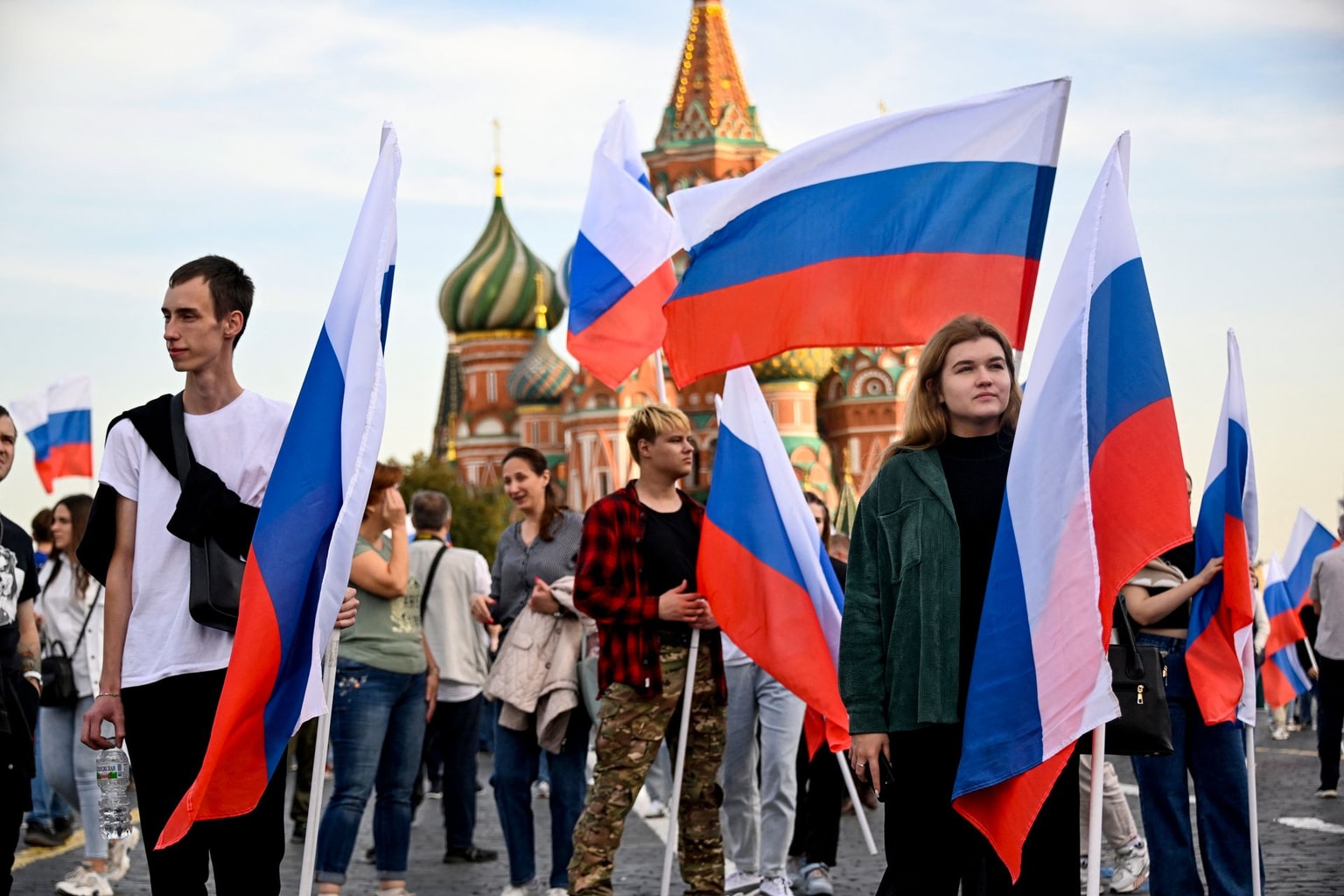Canada decides against sending more military personnel to Ukraine
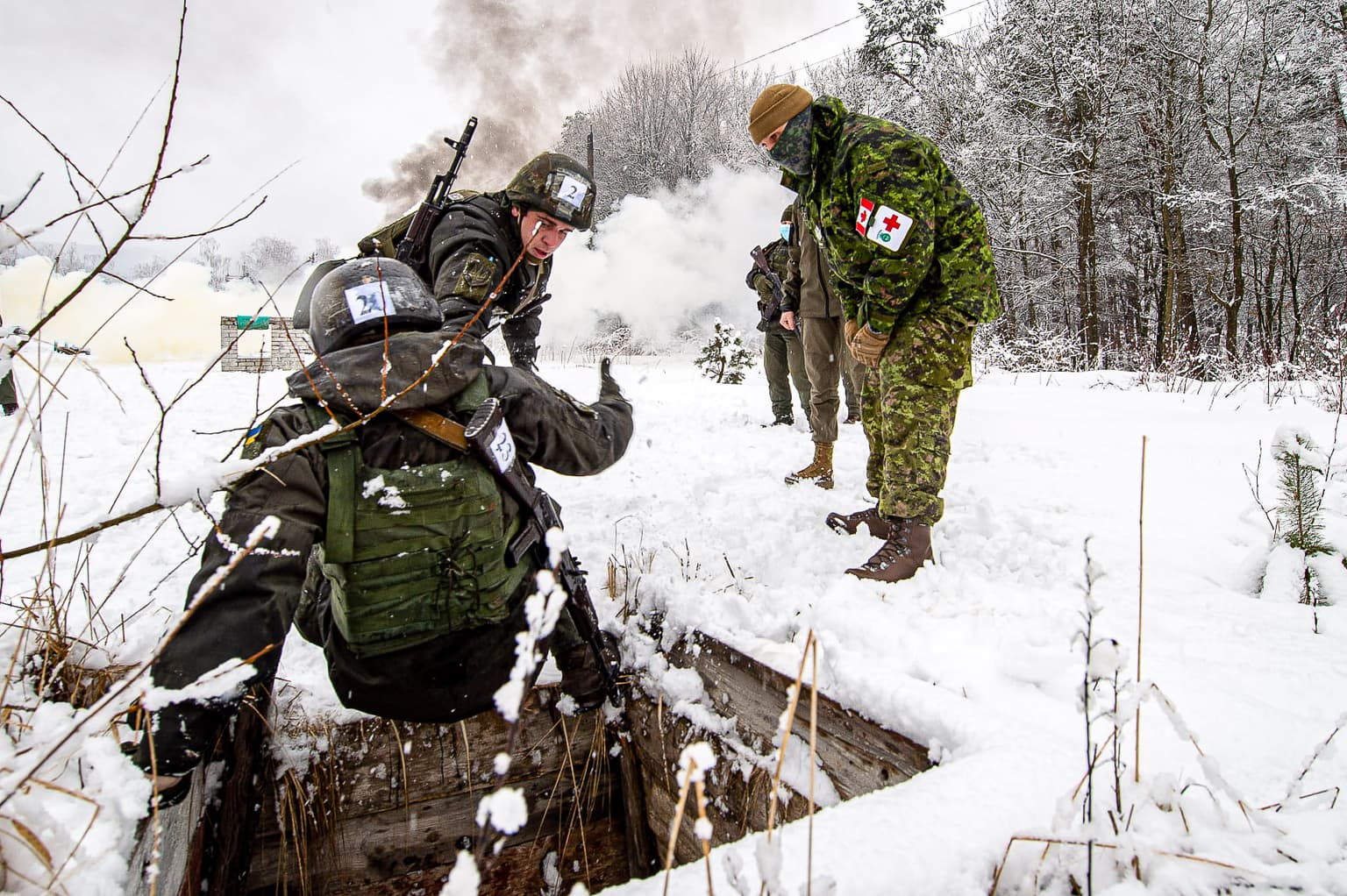
Despite earlier considerations, Canada has decided against deploying more military personnel to Ukraine, in a bid to avoid irritating the Kremlin amid an acute security crisis in the region and fears of Russia's possible all-out invasion of Ukraine.
As Canada's Chief of Defence Staff Wayne Eyre told the Globe and Mail newspaper on Dec. 2 in Kyiv, new military backing for Kyiv could inflame the situation as the Russian President Vladimir Putin repeatedly warned against any expansion of NATO's presence in Ukraine.
“In a case like this, diplomacy has to lead," the major Canadian media outlet quoted Eyre. "We’ve got to be very careful."
In late November, the Canadian media reported that Ottawa is considering sending additional troops to the country's 200-strong military training mission, the Operation Unifier, which has been active on Ukrainian soil since 2015. According to Kyiv, over 12,000 Ukrainian military servicepersons have been trained by Canadian instructors.
The other options considered were sending a warship to the Black Sea and redeploying some of Canada's McDonnell Douglas CF-18 Hornet fighter jets currently based in Romania.
“What we’re doing with Operation Unifier… shows long-term commitment (to Ukraine), the Canadian commander told the Globe and Mail.
"But we’ve got to be very careful about the balance between deterrence and escalation, and what is the perception from the other side as well."
When asked if the Canadian reluctance meant that Putin's warnings were being taken seriously, General Eyre said that "you’ve always got to take potential adversaries seriously. Wars have started because of potential miscalculations before, throughout history."
In November, tensions skyrocketed again as Moscow was seen concentrating nearly 100,000 troops near Ukraine and in occupied territories in what many consider a possible preparation for large-scale military action.
According to Ukrainian and Western intelligence, Russia might employ between 94,000 and 175,000 troops to potentially invade the country, destroy the Ukrainian armed forces and seize much of Ukraine's territory east of the Dnipro River and the Black Sea coastline.
The threat of an all-out escalation of Russia's simmering static war in Donbas that has continued since 2014 has greatly alarmed Kyiv and the West. Nonetheless, according to Ukraine's Defense Minister Oleksii Reznikov, the invasion as soon as in early 2022 is possible though not necessarily imminent.
On Dec. 7, U.S. President Joe Biden is expected to have a video conference with his Russian counterpart Putin regarding the Ukrainian crisis.
